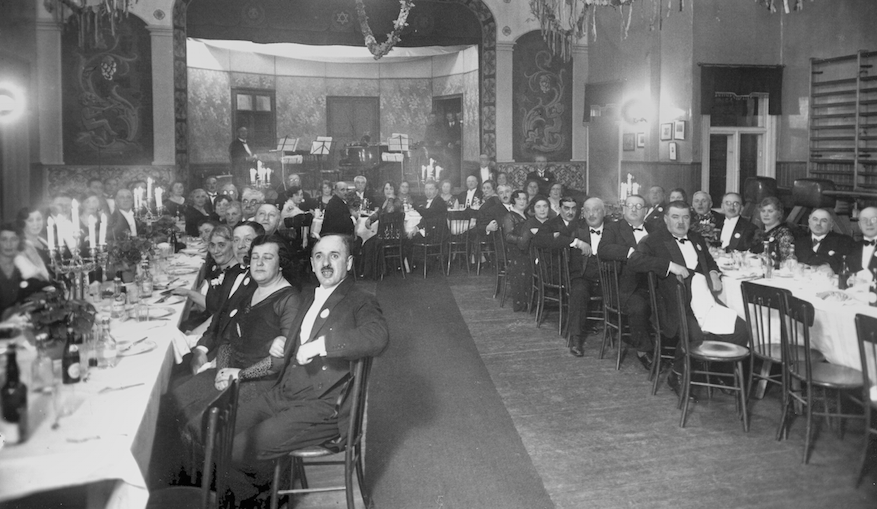Jewish artists fleeing persecution in Europe in the 1930s created work in Australia, the US, Japan and even in concentration camps.
Nothing gives a greater frisson of pleasure than finding fascinating, rarely-told stories about music and musicians. Last November, while searching through a collection of music from the Bodenwieser Ballet archived in the National Library of Australia, I found an original piano setting called Schuld-Kain. The name on the score was Marcel Lorber, and the work was written during the Bodenwieser tour of Bogota, Columbia in 1939.
Further clues about Lorber emerged in Albrecht Dümling’s recently translated book The Vanished Musicians: Jewish Refugees in Australia. For months following, I tracked down wills and trustees, obtaining permission to rearrange the work for the SSO Fellows for the opening recital of a festival I was working on called Out of the Shadows: rediscovering Jewish music and theatre.
 The audience at Jac Weinstein’s The Merchant of Helsinki, 1930.
The audience at Jac Weinstein’s The Merchant of Helsinki, 1930.
The score will be heard in a new format, arranged by Aidan Rosa. While trying to locate the trustees, I chanced upon Bernard Keeffe, the noted British conductor, Professor at Trinity College London and a broadcaster...










Comments
Log in to join the conversation.